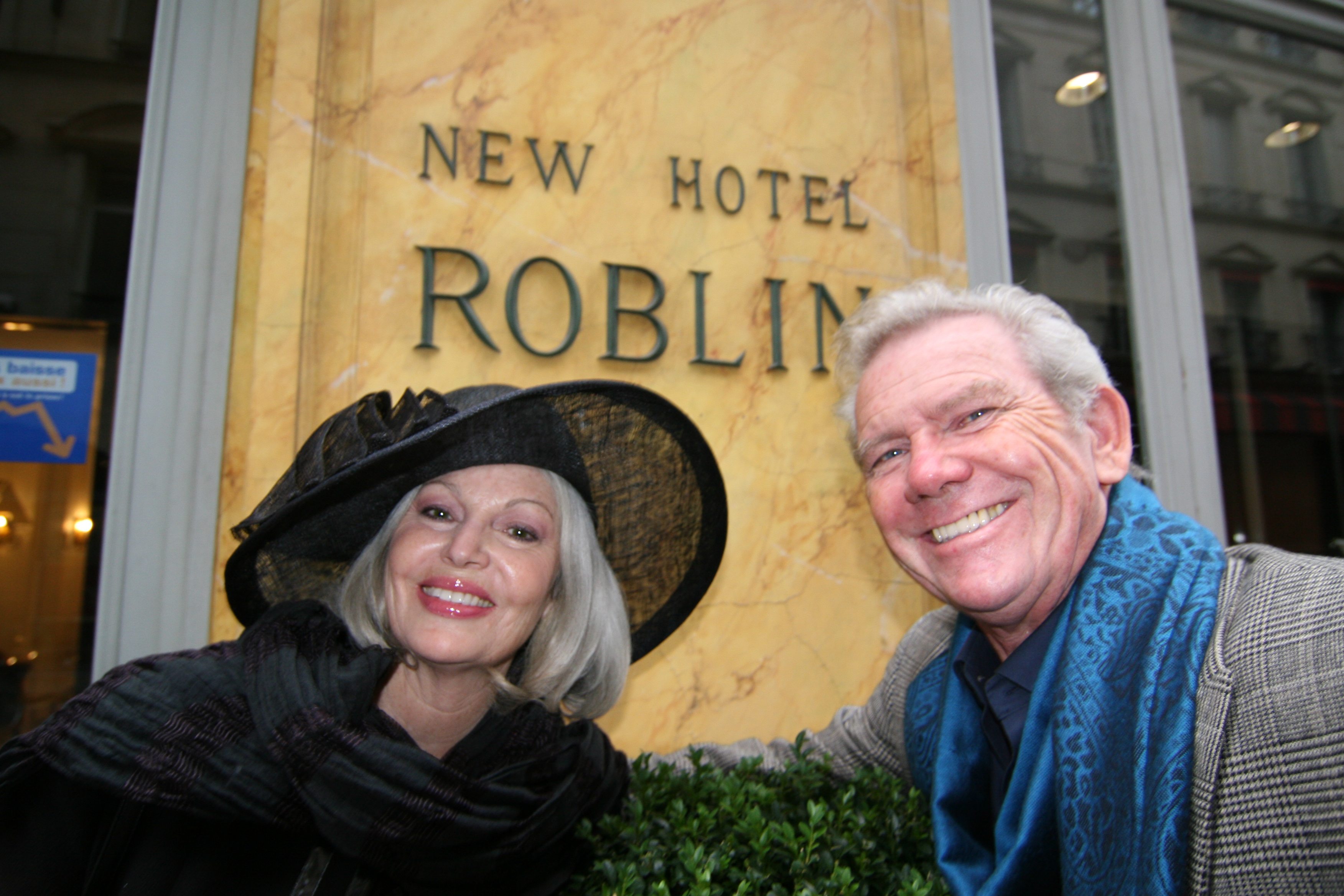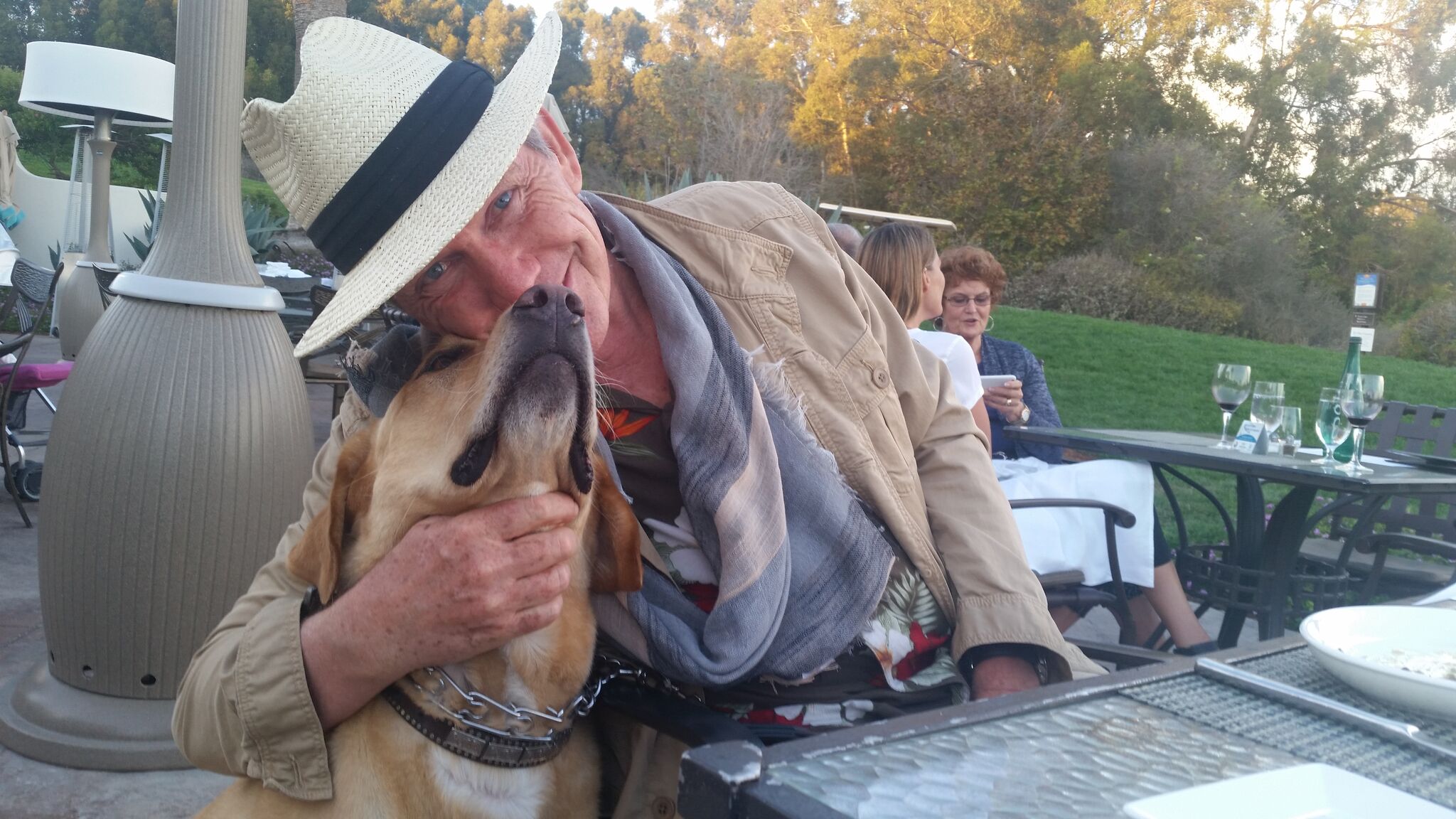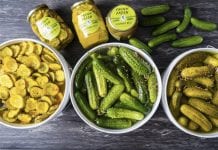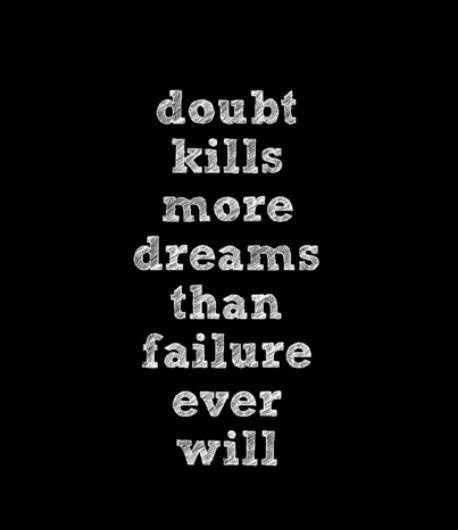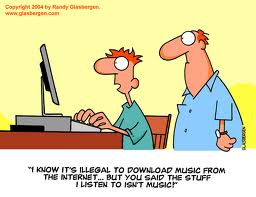 Intro by Nancy Chuda, co-founder of LuxEco Living.com and Healthy Child Healthy World
Intro by Nancy Chuda, co-founder of LuxEco Living.com and Healthy Child Healthy World
“It takes a village to raise and an artist.” Beth Nielsen Chapman
Beth Nielsen Chapman is one of the most successful singer songwriters in the business. I had the good fortune of being introduced to her through my good friend, poet and lyricist, Joe Henry. As a devoted mother and Board of Director of Healthy Child Healthy World she has contributed greatly by bringing awareness to the environmental health movement through her artistry.
Beth survived the loss of her husband to cancer in 1994. Becoming a single mother presented many personal challenges then in 2000 Beth experienced her own battle with breast cancer. One of her most memorable and heart rendering creations is the song “Sand & Water” which she wrote after her husband Ernest’s death; Elton John performed this song during his 1997 world tour. The song was featured on the episode “Sand and Water” in Season 7 of ER (2000).
Healthy Child Healthy World has been honored by her presence. I fondly remember her musical performance in 2002 at our One World One Child event held at The Plaza Hotel in New York City.
[youtube]qspKCpCJKA4[/youtube]
Lush Huxley, a founding LuxEco Advocate and Editorial Assistant whose passion for music as a budding song writer and musician, shares a fascinating concern about piracy and the illegal downloading of music. From copyright laws poorly enforced, now, a free download is just a click away. Is the music biz in Dire Straits? Or is it Money for Nothing?
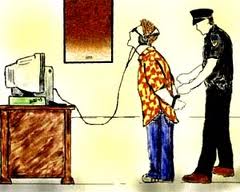 By Lush Huxley, Editorial Assistant
By Lush Huxley, Editorial Assistant
As I stare at blank a Word document, just a window away Wanda Jackson, the Southern belle of early rock and roll, is chiming away in a YouTube window, her melodies running up a wire into my headphones. The clever, heartfelt lyrics on a song like “Funnel of Love” are carried by her voice’s quick transitions between strong, snarly and sweet. In this technological age where word processor applications and Web 2.0 sites already seem like old news, contemporary songwriters are faced with the challenge of pushing their concentrated bursts of emotion through the noise of modern media outlets.
Beth Nielsen Chapman is one such songwriter who has succeeded in the competitive field of modern music. You may not have heard of her, but her resume is stacked (as they say). She’s written for the likes of Willie Nelson, Elton John, and Mary Carpenter, and performed with country crooners Emmylou Harris and Bonnie Raitt.
Remember the Faith Hill song “This Kiss?” Yeah, she wrote that too. Beth’s very well respected and established among the songwriting community in Nashville, TN, where she makes her home.
Her story is an unconventional one. In the 70s, Beth was being lauded among record company big shots as one of the songwriting world’s up-and-comers. Around 1979, her song “If I’d Only Known” appeared next to Bob Dylan’s “Slow Train” in the “Singles to Watch” section of industry magazines across the country. However, when her record failed to meet the expectations of the label, the big money people pulled the plug on her publishing deal. Perceiving her musical career as virtually terminated, Chapman entered a new chapter of her life as domesticated mother and housewife. But the songwriting bug stayed with her.
She would not put pen to paper, nor lyric to guitar for three years. It was actually her husband who suggested to her that she begin writing again. Though it was difficult at first, Chapman began flexing her “song-writing muscle” once again. It turned out not to be such a bad idea, because before long she was making a splash in the Nashville scene with her first hit “Baby I Want It” and getting nods from Beach Boy alum Bruce Johnstone. She was even nominated for ASCAP Song of the Year with “Strong Enough To Bend” which she co-wrote with Don Shultz in 1988.
Chapman recently made waves with her song “Right Downstream” which she featured as part of an article for the Huffington Post. The song sheds a light on the plethora of chemicals that inconspicuously have made their way into our air, food, and water supply over the past century. It reminds me of the song “Air” from the Broadway hit “Hair,” as both songs have sunny delivery of literally poisonous subject matter.
I had the good fortune of talking with Ms. Beth Nielson Chapman over the phone this summer. As an aspiring songwriter myself, I leaped at the chance to discuss my passion with a successful professional in the field. We talked about pressing issues in the music industry, particularly how the rampant use of illegal downloading sites is killing artists (but not in the way you might think). We also shared thoughts on the environmental hurdles facing our planet, and the difficulty in finding personal freedom in the face of societal oppression. You’d be surprised at the way the two line up.
As a member of the generation that grew up on Napster, Limewire, and media pirating software-use as a social norm, I was initially frustrated with the intensity of Chapman’s support for copyright law. Wouldn’t most artists prefer to have themselves heard than to make money?
In a world of underground indie superstars (ex: Of Montreal, Arcade Fire, Hot Chip, and the list goes on) it’s not so unimaginable that an artist could gain a fanbase and make money touring independently by steady growth of word of mouth alone. However, in actuality the real problem isn’t a question of integrity on the parts of artists. It’s not really mainstream vs. independent. In Beth’s opinion, what’s missing is a compensation system for online listening.
The biggest offenders are sites like Rapidshare and MegaUpload who essentially are running away with the money of music-makers big and small alike. Back in the golden years of radio, artists used to get paid whenever their song was played on the air.
Much of a station’s income from ad revenue would be spent paying back artists and labels, respectively. Now, a free download is just a click away. Not that there’s any problem with music being acquired and listened to freely. The injustice is that there is no legislation to demand that download sites contribute any of their revenue with the people behind the music.
Think of how many pop-up ads you encounter at almost any download site. It’s enough to make your head spin. Plus, all those “premium” offers. That’s money going straight into the website’s pocket. I couldn’t find any data on the ad revenues of Rapidshare online. However, what I did find was forums on how to make money through download sites, who will (from what I could gather) pay you if your uploads get a lot of traffic. That’s good for gangsters operating in their pajamas. Bad for artists. And it means even more money flowing through the site itself.
What Beth would like to see is the development of a music site that offers the same convenience as illegal download sites, but that compensates artists for each time their music is listened to or downloaded. Of course iTunes exists, but for many people (including myself) the cost of paying for the amount of music they listen to for free would put them knee-deep in debt. Beth is hoping for an awareness about digital music that would make it “uncool” to use sites that don’t give money back to artists. I’ve encountered this type of thing on only one site, GrooveShark. While the authenticity is questionable, it’s definitely a step in the right direction.
If sites like this don’t catch on, and if free download sites continue to dominate web traffic, it was our consensus that federal agencies need to step in and make things right. Beth has gone to Washington and crashed Congress-people’s offices with guitar in hand to spread awareness on music distribution issues. Many officials on Capitol Hill had no idea songwriters were being kept out of their hard earned pay. I found this evidence of governmental crackdown but who’s to know for sure whether this issue is being addressed in an organized way.
The saddest thing about the downloading phenomenon, as Beth sees it, is that it promotes the distribution of boring, mediocre music in the mainstream. Getting your song on television is where the money’s at these days, says Beth, but the clusterf**k for attention (my words, not hers) has lead to “copycat acts,” essentially rewarding people who make conventional tunes. Meanwhile many young artists like myself lack the support we would need to break though the noise of all these over-produced products parading as “songs.”
“It takes a village to raise an artist,” says Beth, the voice of experience speaking
about what could make or break a career. A good team of producers, songwriters, composers, musicians, and the artists themselves is often what it takes to make marketable and lasting pop music. Imagine what your local bedroom artist could do with the encouragement of major label support. MGMT has somehow been able to pull this off, but their top-tier college education at Wesleyan probably had something to do with it. Meanwhile, some of the most creative musical minds of our generation are stranded in the obscurity of local scenes. Wouldn’t it be cool to put… I dunno… these guys or these guys or this girl behind the helm of a well-funded studio album? (Answer: YES)
In many ways the problems in the music world can stand as a loose metaphor for the logistical problems facing the environmental movement. In both issues, socially accepted instances of individual neglect are contributing to the problem, made worse by the mechanisms that permit and encourage unethical behavior.
That was kind of jargon-y, so let me try to put this in laymen’s terms…You know how everything is totally f**ked up, but then you sometimes just do things because they’re easy? Like how by purchasing something at any average American supermarket is, by default, contributing to an evil system? It’s like..yeah, you have a choice, but you’re hungry. Basically, the infrastructure doesn’t exist in a way that represents your ideals so you’re forced to commit a small injustice.
And based on that example, you should be able to see how it’s the same with downloading music illegally. The convenience of free music is justifiable, but the infrastructure (the downloading site) isn’t reinforcing its own necessary ethics.
The question is: should you be held accountable for being handed something that was acquired unethically? I think that everyone needs to make better, more ethical individual choices for themselves, but I also think that our institutions need to meet us halfway. Where are the conversations about city-wide compost heaps? Or local produce? Or bike lanes? Why aren’t they a part of the average citizen’s life?
Most people probably muse about environmental change, but where are the mainstream discussions as to how sustainability would be logistically possible? I think more people would get behind environmental change if they had a viable local archetype to follow. Our local elected officials need to step up to the plate. The city government could set up some type of forum on how the city can become as sustainable as possible by some far off, but doable date.
For lasting environmental sustainability, every city, town, or region would have to employ different strategies based on the local ecosystem and the resources available. That’s a large task to carry out, but it may be logistically necessary. After some sort of local environmental overhaul, it will be a shorter process for the individuals in those cities, towns, and regions to buy into sustainable living. In short: make it easier for people to make the paradigm shift, to do the right thing.
As Wanda Jackson sings about her head spinning “around and around” in my headphones, it’s bizarrely comforting. From some data cloud sending its melodies into the aether, this powerful voice comes bursting out of the gates with the exact same ferocity as it did almost 50 years ago. Somewhere in the past a team of musicmakers sat down and composed this perfect moment. The tape started running and the musicians grasped their instruments. Guess there was nothing left to do but fall deep, deep into the funnel of love.


